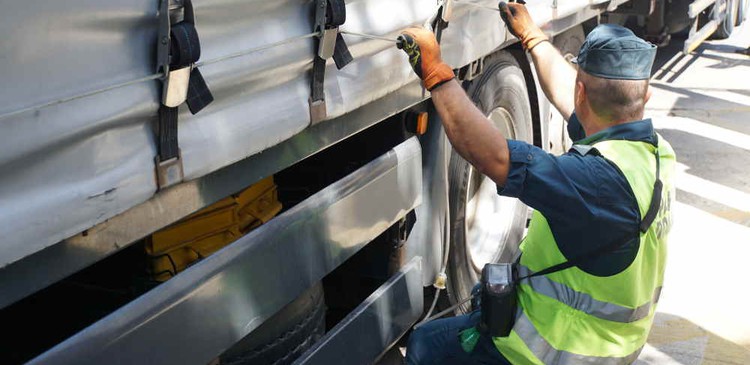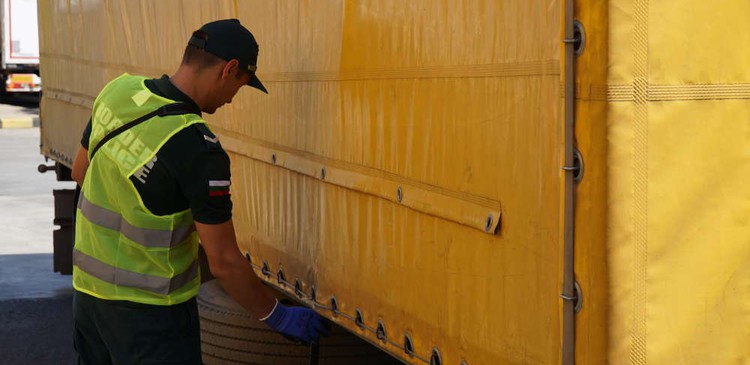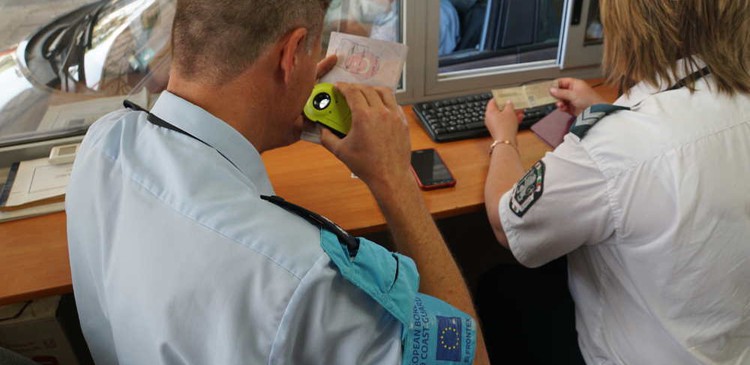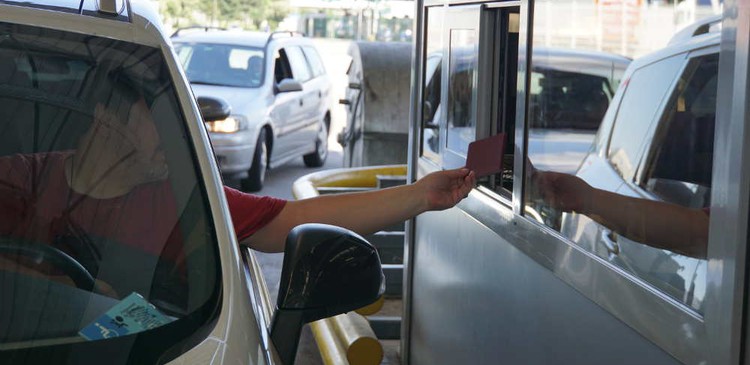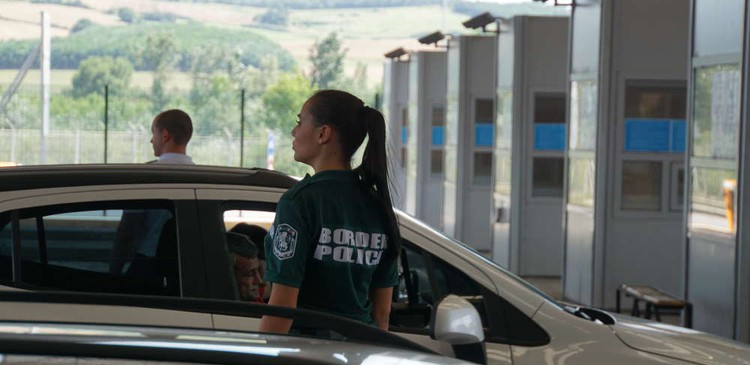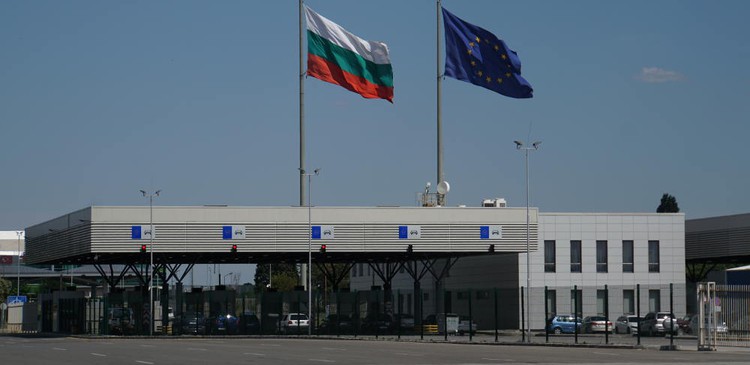News
23 smugglers arrested, drugs and cigarettes seized during Frontex-led operation
2018-06-29
In less than two weeks, the international cooperation led to:
• arrests of 23 migrant smugglers,
• recovery of 31 stolen cars,
• seizure of 330 000 of illegal cigarettes,
• seizure 0.5 tonnes of drugs and
• detection of more than 60 cases of document fraud.
In addition, nearly 12 tonnes of tobacco were seized thanks to the support of the Slovak customs authorities.
Frontex officers also detected more than 2 160 irregular migrants and 580 persons staying in the European Union illegally.
Frontex deployed European Border Guard Team Members at selected border crossing points at EU’s external land borders, along with customs authorities from several member states, Europol and Interpol experts. The Frontex teams included stolen vehicle and document experts and border surveillance officers. Europol supported the action with its analytical capabilities and access to related databases.
Among the aims of JAD Danube 3 was to enhance the use of intelligence in operations, improve the cooperation between different member states involved in fight against cross border crime, especially in migrant smuggling, excise goods smuggling and document fraud.
The participants also set up a coordination centre in Sofia, Bulgaria to support the exchange of intelligence among them.
The operation was coordinated under the umbrella of the European Multidisciplinary Platform against Criminal Threats (EMPACT) as part of the EU Policy Cycle. It brings together police and law enforcement authorities of EU member states, European agencies and international organisations to jointly strengthen Europe’s borders and internal security.
Bulgaria, Croatia, Hungary, Romania, Estonia, Greece, Poland, Latvia, Lithuania, Slovakia, Slovenia, Austria and Sweden took part in the action, as well as the former Yugoslav Republic of Macedonia, Bosnia and Herzegovina, Albania and Montenegro.
In spring 2017, the EU adopted its next 4-year plan for the fight against serious and organised crime. This plan, known as the EU policy cycle, will run until 2021.
The policy cycle aims to tackle the most significant threats posed by organised and serious international crime to the EU.

